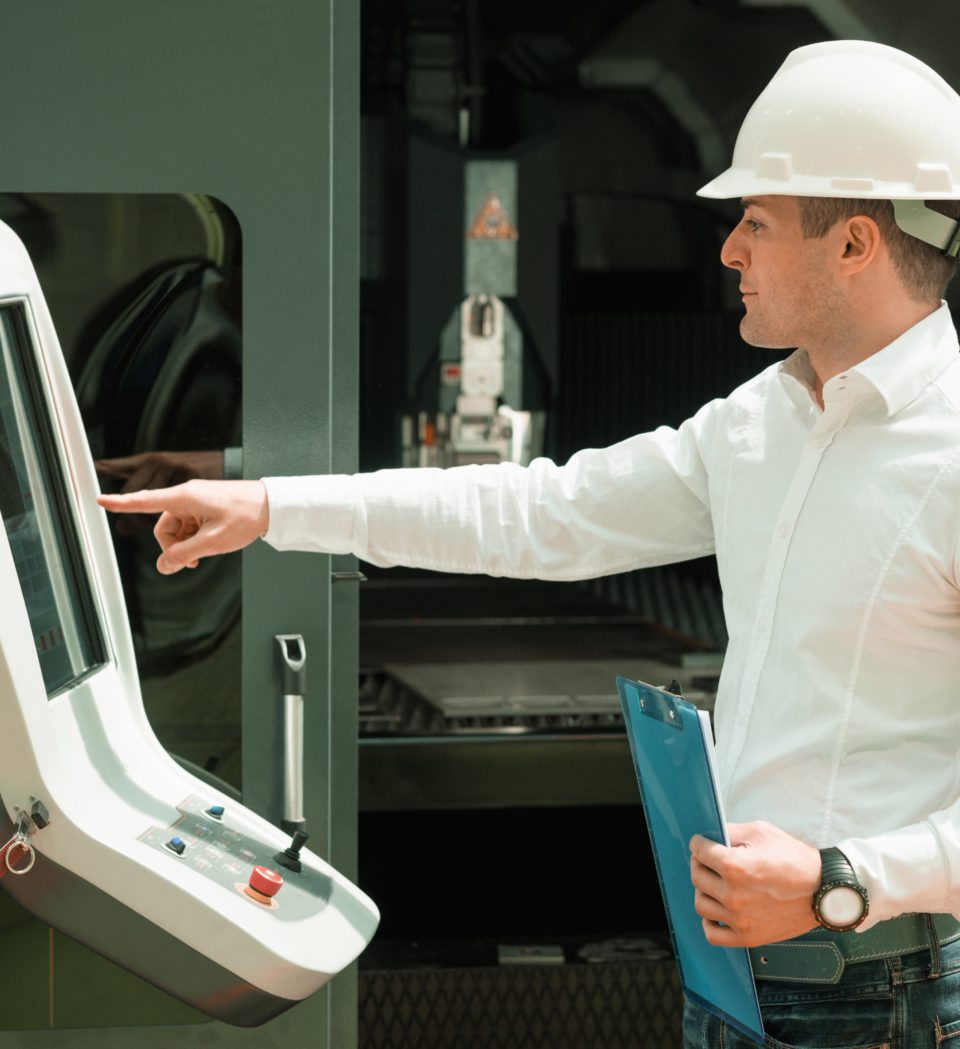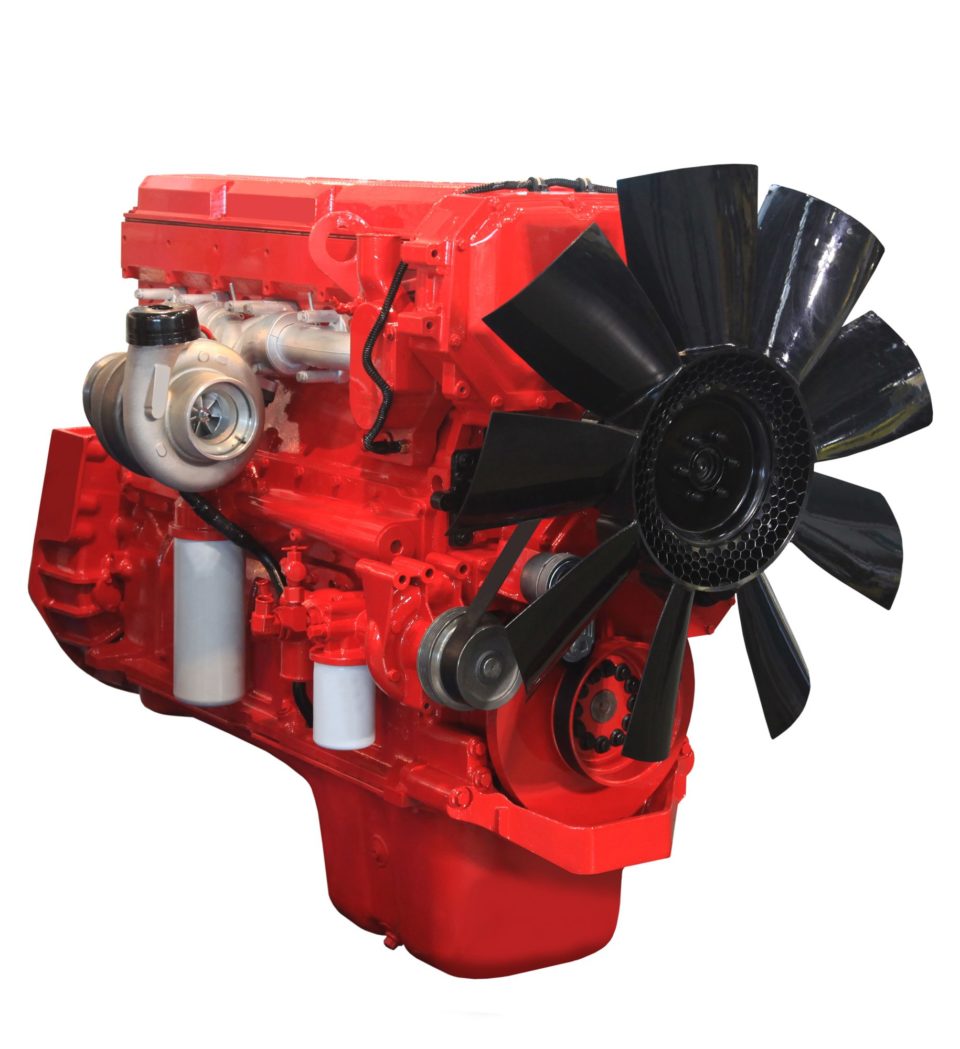
Latest Advances in Diesel Technology And What is To Come
Diesel, in relation to other fossil fuels, is an exceptionally dense fuel. There are a variety of properties that are inherent in dense fuels. Because of the inherent properties of diesel, diesel engines are extremely energy efficient both respect to combustion efficiency and thermal efficiency. H

Why Catalytic Converters are Necessary and Differ from Fuel Catalysts
Why Catalytic converters are necessary is because fossil fuels — particularly gasoline — do not combust efficiently without combustion-enhancing technologies. For some fossil fuels, their inherent chemical composition limits combustion efficiency potential, again, particularly gasoline. While

Choosing a Fuel Catalyst: What “Catalysts” are and aren’t Catalysts
Choosing a fuel catalyst requires an understanding of what a catalyst is and what is not a catalyst and understanding what a catalyst — or a non-catalyst — can and cannot do. The problem is, the definition of a catalyst — therefore, the function of a catalyst — is a moving target. Gaining an

What is a Turbo: Why Turbocharged Engines are Environmentally Friendly
Turbos, even diesel turbos, are associated with high rpm and rapid acceleration. It isn’t often that people talk about turbos in association with environmental consciousness and saving fuel. However, though it is true that turbos increase torque and acceleration, turbos are in fact technologies th

What is Catalytic Combustion and Why Only Fuel Catalysts Produce It
Catalytic Combustion is What Separates Fuel Catalysts from Fuel Additives and Treatments as well as Catalytic Converters To understand catabolic combustion, a cursory understanding of fuel catalysts, catalytic converters, and noble metal catalysts is necessary. Though in depth, the concepts are rela

